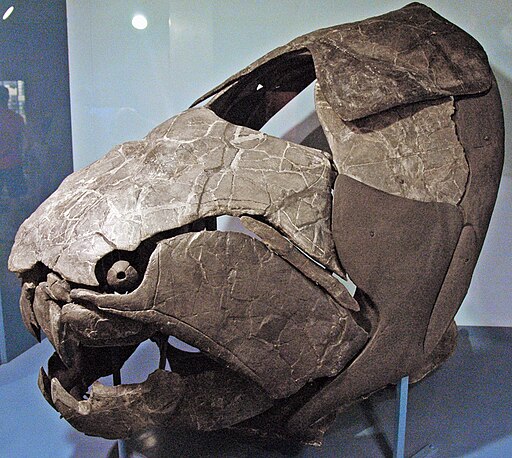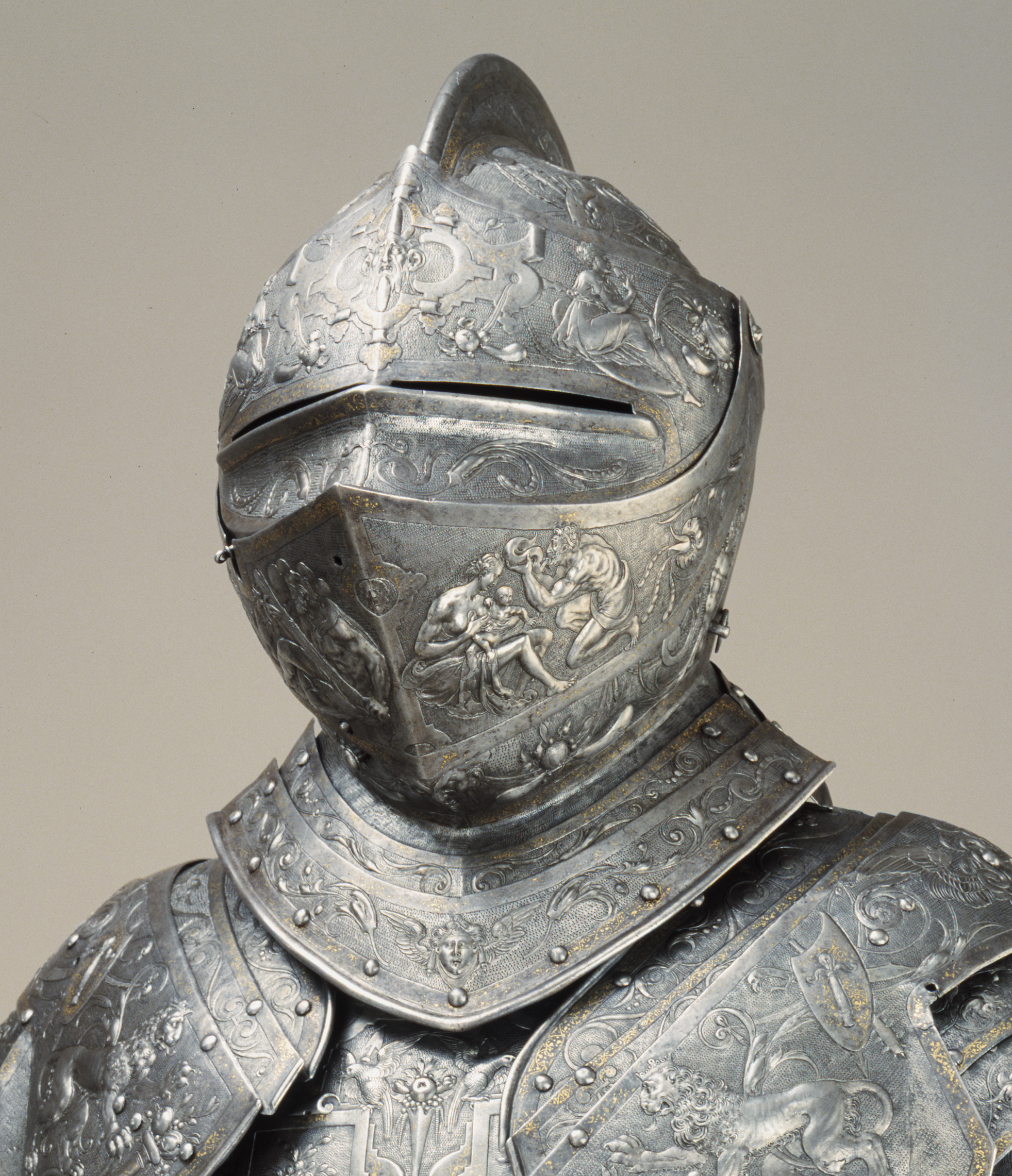Black hats and white hats again — defining evil
After I wrote "Black Hats and While Hats" and posted it on my website, I understand that it led to a perception of anti-semitism for some people. This makes me very sad. The problem is that nearly all people take sides and find one side, either Hamas's attack or Israeli bombing of Gaza, evil and unforgivable, the other side acting with justified self preservation. I tried to say neither side is wholly good nor wholly evil. I have always treated my teachers, colleagues, students and friends exactly the same, whether they were Jewish, Christian, Muslim, Hindu or Secular. I simply tried in that post to assemble the facts, as I knew or read them, and pose the huge moral dilemma over who has a claim to the small stretch of land "between the river and the sea", called Palestine.
With the exception of Buddhism, every religion seems to tell us mere humans that God wants us to do "good" actions, and avoid "bad" actions, especially "evil" ones. The foundation Judeo-Christian story is Eves temptation by Satan as snake to eat an apple from the Tree of Knowledge that God had forbidden. We bear the heavy burden of original sin. In all sects of the "religions of the book" (this includes Islam) there is no doubt that God has opinions about human actions and keeps track of what everyone does. So it is up to us humans to decipher God's wishes and use their God-given free will to act accordingly.
Since writing that controversial blog about the land called Palestine, I have spent some time pondering the issue of "good" and "evil". I read some moral philosophy but could not find the meat in it. The much debated conundrum of controlling a switch of the tracks while a train bearing is down so that you must choose whether the train kills your beloved or a whole crowd of strangers, seemed frivolous, unrelated to anything real. Then I read a bit of the work of people in psychology and neuroscience related to ethics such as Jonathon Haidt (The Righteous Mind), Kurt Gray (Outraged), and Kevin Mitchell (Free Agents. This was more fascinating and they all seemed to delve deeper into human beliefs and choices though they did not address explicitly what is good, what is evil.
However there must some way to approach the question of good vs. evil: to virtually everyone Hitler was evil and Mother Theresa was good. But like Mitchell, I want to take an evolutionary approach and not say this is an issue uniquely for homo sapiens. There is a tendency to say nothing animals do can be called good or evil. And yet, all our emotions and drives are extremely close to emotions and drives shared with many animals, especially with mammals. This makes assigning good and evil to humans an anomaly, making us higher and unique. That strikes me as prideful and self-centered.
So is there an aspect of animal life at least related to human good and evil? Let's look back at the Devonian period (c.400 miilion years ago) when an armored fish called a Dunkleosteus, shown below, was the apex predator while, on the right, is a Swedish king in his armored helmet..


Clearly, to prepare for serious combat, an armored head, whether inside or outside the skin, is an essential. Violence, as in one animal eating another, has been a central aspect of life ever since multi-cellular animals developed in the Cambrian age. Each age has its apex predators and these armored fish occupied this slot in the Devonian age. Today, man occupies it. Besides eating each other, the apex predator typically must fight for its territory because they breed until they eat too many of their prey, so supply of their food shrinks. Humans, having eaten essentially all wild mammals and birds (astonishingly wild terrestrial mammals and birds contain a mere 2% of the biomass of domesticated mammals and humans), now fight tribe vs. tribe, nation vs. nation for "lebensraum" (room for living). In this, their behavior is identical to that of animals. Warfare is the modern manifestation of the evolutionary drive for survival. The parallel in needed head gear is striking. The armored predator is the archetype of soldiers in warfare. My point is that following the evolutionary development of predation as a lifestyle, violence and defense against violence became a given, essentially universal among animals.
Where does this leave the concept of evil? No one is ready to call sharks and tigers evil, nor are they ready to call every king who led his soldiers into battle evil. Many are our heroes: Alexander the Great was a hero among ancient Greeks, a warrior who spread Greek culture over much of the ancient world; George Washington here in the US was the hero who freed America from the British yoke. Moreover, one tribe's hero is always another tribe's villain. This is obvious in the conflict between Israelis and Palestinians as I described it in my earlier post "Black Hats and White Hats". So how are we ever going to define the idea of evil, or to describe the workings of Satan?
The other side of the coin is that all animals need to breed and protect their off spring from predation. In other words, the drive for power, both for predation and for control of one's living space, and the drive to succor your young are universal. The name for the latter in humans is empathy or love and it spirals out from love of a mother for her baby to empathy for a whole family and then to empathy for your clan or tribe, finally empathy for all human beings. How far empathy is extended varies widely from person to person. People dominated by empathy without seeking any control are what we call saints and they are willing to become martyrs, to sacrifice their very lives for love.
The two drives, for power/control and for love/empathy, seem to be the fundamental drives that control all animal behavior. In many species, the drive for power is arguably the primary drive for males, the drive for give nurture is the primary drive for females. This is a cliché and its rebuttal is also true: the two drives occur in all genders. But, to be honest, there tends to be a gender gap here.
To go a step further, the extremes of the control drive without empathy create essentially all evil acts, while the drive to nurture, to love and empathize even when you loose control, are the key elements of what we revere as saintly. From this perspective, the problem of good and evil has its roots in animal behavior. For the survival of any species, both drives must co-exist. The contentious issue is how to strike a balance between the two. It is foolish to say "stamp out all evil" because then the species looses out in the competition driven by evolution. Ignoring the drive for power is suicide. Obviously, ignoring the drive for nurture leads to population collapse. Moreover to believe beyond a doubt that your acts are truly good is to ignore the fact that history is so unpredictable and that every act has unintended consequences. The essential point for most of us is to strike a balance between the two drives. So finally, I think the best definition of evil are acts driven wholly by the desire to control and power and lacking in empathy, either totally or towards all but one's inner circle.
The various tribes of human society and the various political parties in democratic systems demonstrate that there is no simple answer to how a society can maintain this balance. The law is one basic mechanism, the church is another. Marx preaching the welfare of workers and Ayn Rand preaching ruthless businesses are visions of societies with differing balances. A widely ignored fact is that breeds of dogs also show how completely different balances between these two drives. Thus different balances can exist in a single animal species and can be enhanced by breeding, hence there must be a genetic component to how each of us strikes his or her balance. The key message here is that, outside the extremes of human behavior, the concepts of good and evil make little sense. This is one reason why I find it hard to go to church. The Episcopalians ask you to publicly repent "your manifold sins and wickednesses". There is bound to be tension over what is the best balance between control/power and nurture/love. But I don't see how I could call any of my friends "good" or "bad". I don't want to play God.